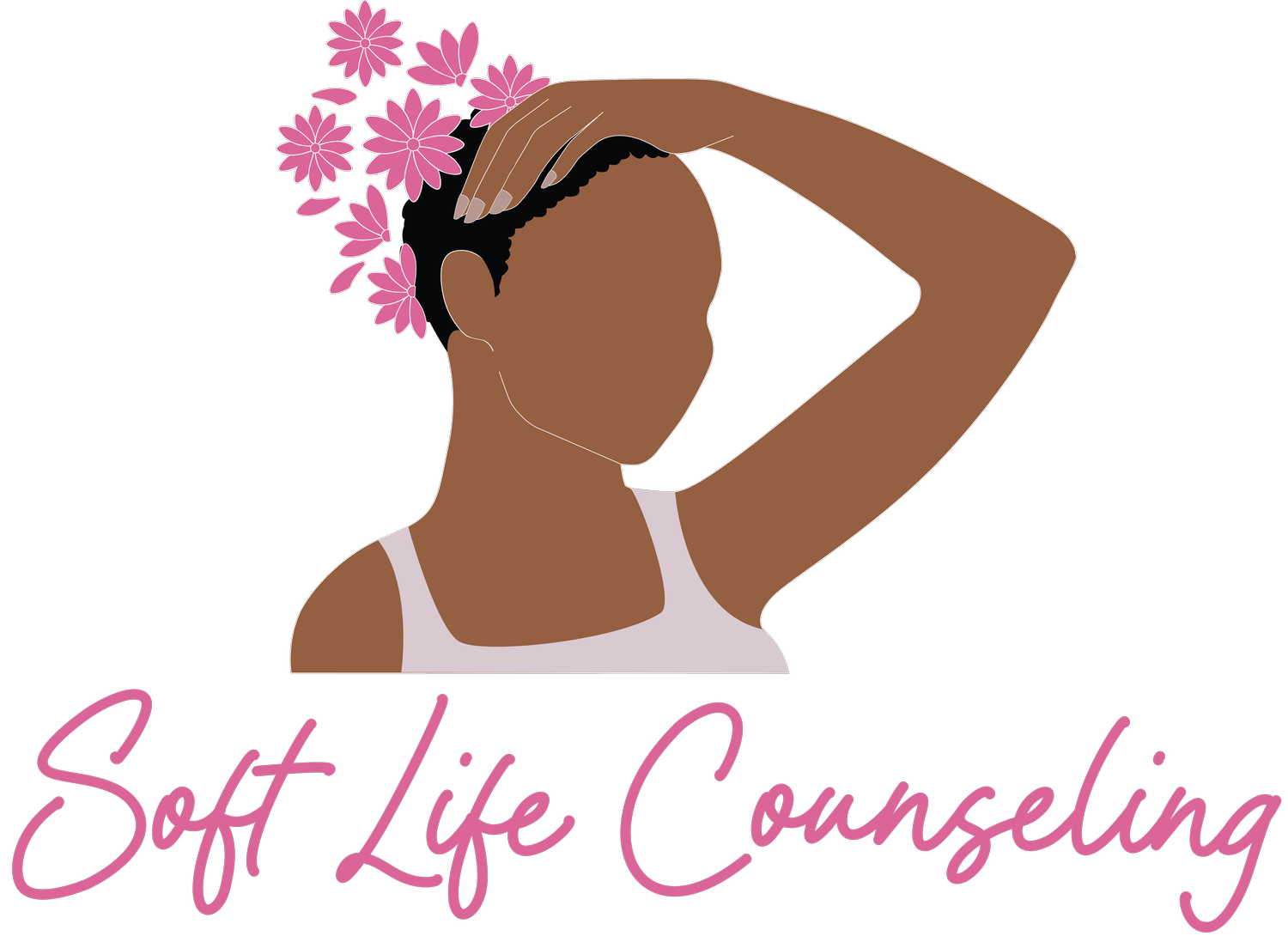Self Care Tips For Managing Anxiety & Depression
When you're struggling with anxiety or depression, even basic tasks can feel overwhelming. Getting out of bed might feel like climbing a mountain, and your thoughts might feel like they’re racing or stuck on repeat. In moments like these, self-care isn’t a luxury — it’s essential.
Self-care won’t cure anxiety or depression, but it can help make each day more manageable and build a foundation for healing. If you're looking for small, compassionate ways to support your mental health, here are some tips to consider.
1. Start Small — Really Small
When your energy is low or your mind is racing, massive goals can feel out of reach. So shrink them. Can’t clean your room? Start with clearing one surface. Can’t make a full meal? Eat a snack. Self-care doesn’t have to be grand — small wins matter.
💡 Try this: Set a timer for 2 minutes and do one thing you’ve been putting off — brushing your teeth, sending a text, drinking water. Then pause and notice how it feels.
2. Move Your Body — Gently
You don’t need a gym or a full workout plan. Movement, even just stretching or walking, helps release endorphins and reduce physical tension. It can also help interrupt anxious thought loops and lift your mood slightly.
💡 Try this: Walk around your block or stretch while listening to calming music. Focus on how your body feels, not how it looks.
3. Create a Comfort Routine
Routines bring a sense of predictability when your mind feels chaotic. A “comfort routine” can include simple things like having tea at the same time each day, reading for 10 minutes, or taking a warm shower before bed.
💡 Try this: Build a short evening wind-down ritual: low lighting, screen off, cozy blanket, and a quiet moment just for you.
4. Limit Stimulation
Both anxiety and depression can make your nervous system sensitive. Constant notifications, loud environments, and doom-scrolling on social media can increase distress. It’s okay to unplug.
💡 Try this: Put your phone on “Do Not Disturb” for an hour. Light a candle, journal, or listen to a calming playlist instead.
5. Challenge the Inner Critic
Anxiety and depression often come with harsh self-talk. The voice in your head might say you're lazy, unworthy, or a burden. But you are none of those things. You're struggling — and that deserves compassion, not criticism.
💡 Try this: When you catch that critical voice, pause and ask, “Would I talk this way to a friend who felt this way?” Try writing a kinder response.
6. Reach Out — Even a Little
You don’t need to spill everything. But texting a friend “Hey, thinking of you” or scheduling a low-pressure hangout can make a difference. Isolation often worsens depression and anxiety.
💡 Try this: Make a list of people who feel safe. Keep it somewhere visible. You don’t have to go through this alone.
7. Be Kind to Your Mind
Sometimes, the most radical form of self-care is acceptance. You don’t need to “fix” yourself to deserve rest, joy, or care. Healing isn’t linear — some days will be harder than others. That doesn’t mean you’re failing.
💡 Try this: Repeat this mantra: “I am doing the best I can with what I have today. That is enough.”
Final Thought
Self-care during anxiety and depression isn’t about bubble baths and sunshine — it’s about gentle persistence, tiny steps, and offering yourself grace when you need it most. If all you did today was survive, that’s something to be proud of.
And if you're finding it hard to manage alone, consider talking to a therapist or mental health professional. Getting help isn’t a weakness — it’s one of the strongest, most self-loving things you can do.
You’re not alone. You matter. And you are worthy of care.


